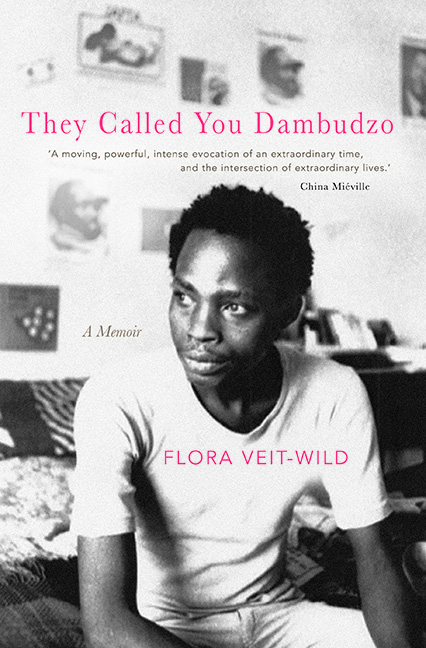Summary
THE ANTHOLOGY PROJECT WAS NEVER done. Yet, unwittingly, as is often the case with my endeavours, something else emerged from it: my first little book, Patterns of Poetry in Zimbabwe.
In view of the planned anthology, I had done a series of interviews with seven Zimbabwean poets (the interview with Dambudzo was one of them). I wanted to get a better understanding of the poems I had started to collect and know more about the background and motives of the poets. Once I had transcribed the interviews, I gave the transcripts to Dambudzo to read. His response was enthusiastic.
‘Nothing like this has been done before,’ he said. ‘I have been trying to know my fellow writers since I came back here and have not succeeded. All these writers are writing isolated from each other.’
‘So do you think I should get them published?’
‘Oh yes. Give them to Stanley. College Press should be interested.’
His reaction of course spurred me on. And he was spurred on too. He developed his own ideas about the poets I had interviewed and their poetry. So, while we did not work on a project together, Dambudzo set out to speak to some of ‘my’ poets himself, when he found them sitting in a bar he frequented. In a sort of after- or meta-interview with me he raised the poems under discussion to a higher level of appreciation. In a way, my work, still unrefined and haphazard, triggered in him the most insightful and ingenious reflections. Whereas in the comments within my interview questions and the critical introduction I later wrote for the book, I criticised Chenjerai Hove's poems about human suffering during the war of liberation as ‘sometimes overloaded with meaning, with images and metaphors changing all the time’, and told Zimunya that I found some of his poems ‘too intentional, too moralistic’, Dambudzo placed them in the wider context of world literature. This, for me, opened a much more refined insight in those poems and their writers.
- Type
- Chapter
- Information
- They Called You DambudzoA Memoir, pp. 172 - 177Publisher: Boydell & BrewerPrint publication year: 2022



